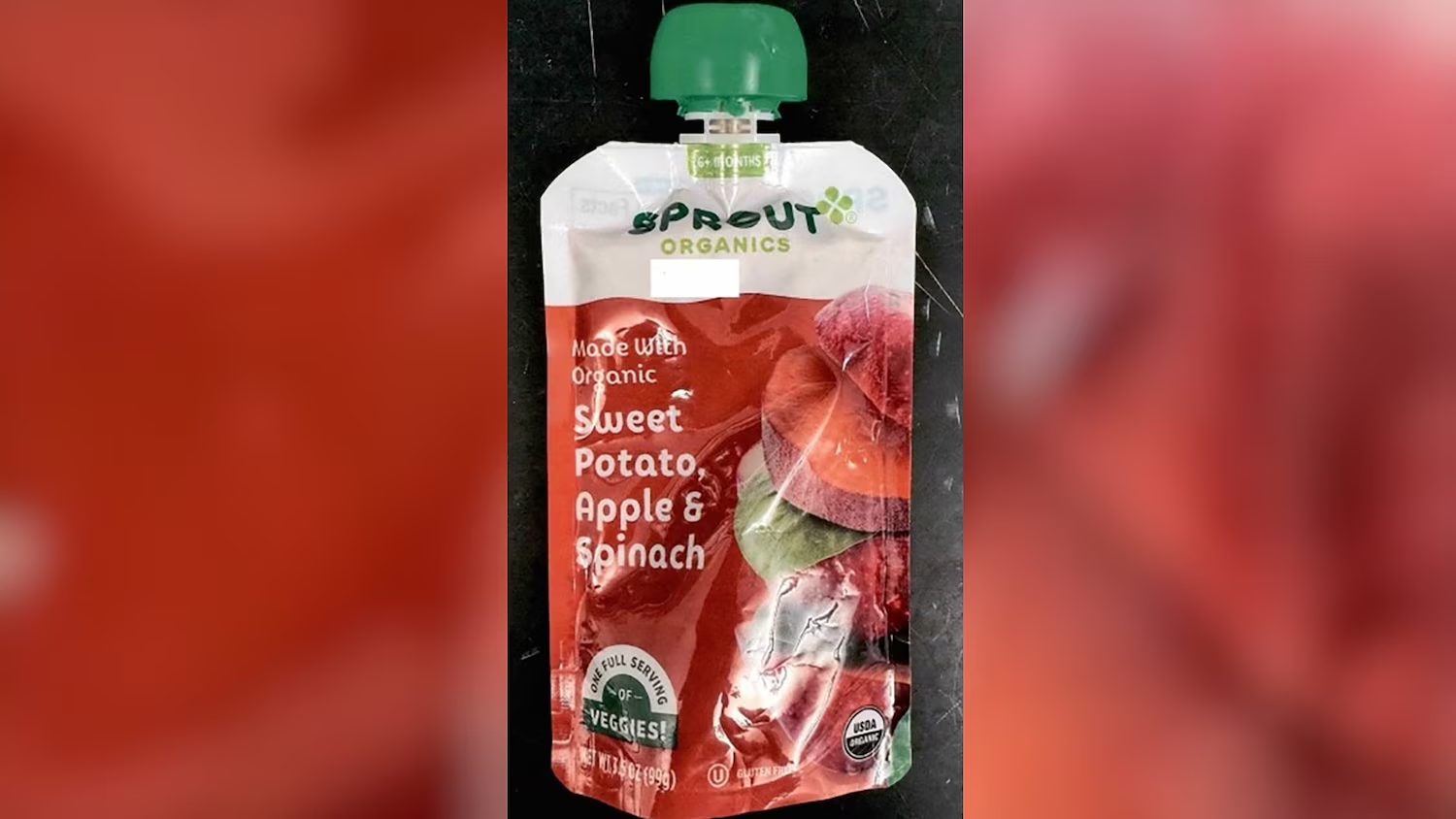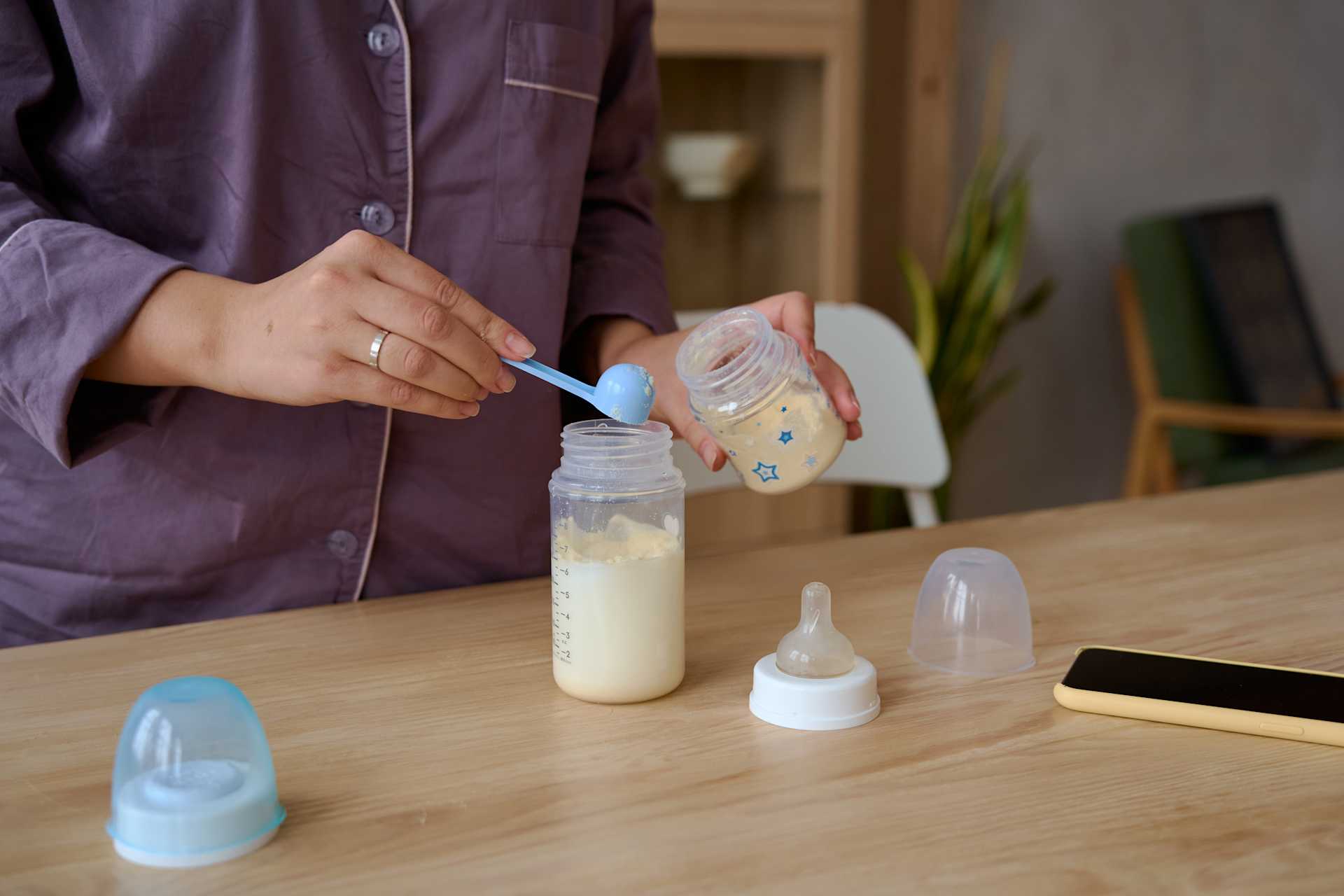A groundbreaking international study has found that babies who consumed wild blueberry powder daily from six months to one year developed fewer allergy-like symptoms, such as rashes and redness. The research, led by scientists from institutions including King’s College London and the University of Turku in Finland, suggests that natural compounds in blueberries, known as anthocyanins, could play a role in shaping a healthy gut and a more balanced immune system during early life. For parents, it may point to a surprisingly simple way to support their child’s health during a critical stage of development.
Key Takeaways
- Babies given wild blueberry powder had fewer and less severe skin rashes.
- The blueberry group developed higher levels of beneficial gut bacteria, especially Bifidobacterium.
- These babies also showed signs of a more balanced immune system, which helps protect against allergic reactions.
- The findings suggest that adding blueberries to a baby’s diet could positively influence gut health and immune development.
A Boost for Baby’s Immunity
The study tracked 145 babies in Finland, dividing them into two groups. One group received a powder made from dried wild blueberries, often called bilberries, while the other was given a placebo powder with no active ingredients. Parents mixed the powders into the babies’ meals daily, starting at six months old and continuing until the children reached their first birthday.
Researchers monitored the children’s health closely, paying particular attention to allergy-like symptoms. The infants who received blueberry powder had significantly milder eczema-like rashes compared to the placebo group. To better understand the results, stool samples were collected. These revealed that the blueberry-fed babies had a healthier gut microbiome, especially with higher levels of Bifidobacterium, a type of good bacteria known for its role in digestion and immunity.
The Science Behind the Benefit
The key appears to be anthocyanins, the natural pigments that give blueberries their deep blue and purple colors. These compounds are known not only for their antioxidant properties but also for their ability to influence the gut environment.
A baby’s immune system is still developing in the first years of life, gradually learning how to react to the world. The gut microbiome helps train the immune system to recognize the difference between harmful threats and harmless substances like food particles. If this balance is disrupted, allergies can develop, where the immune system overreacts to something it should ignore.
The blueberry-fed babies had lower levels of fecal calprotectin, a protein that indicates inflammation in the gut. They also showed signs of immune cell changes that point to a calmer, more regulated immune response. This balance may explain why they experienced fewer allergy-like symptoms.
Although more studies are needed before making firm recommendations, the findings highlight how diet in the earliest months can shape a child’s health in lasting ways. And perhaps most encouraging of all, the results suggest that something as simple as blueberries could help offer long-term protection against allergic diseases.
Frequently Asked Questions (FAQs)
Q. At what age can my baby start eating blueberries?
A. Most babies can start eating blueberries around six months of age, which is when they typically begin solid foods. It’s always best to consult with your paediatrician first.
Q. How should I prepare blueberries for my baby?
A. For babies just starting solids, blueberries should be pureed or mashed to prevent choking. For older babies with more teeth, you can quarter them. Never give whole blueberries to a baby.
Q. Does this study mean blueberries can cure my child’s allergies?
A. No, this study does not suggest blueberries are a cure for existing allergies. The research indicates that early and regular consumption may help support the immune system’s development to potentially reduce the likelihood or severity of some allergy symptoms.
Q. Are frozen blueberries as healthy as fresh ones?
A. Yes, frozen blueberries are a great option. They are often frozen at peak ripeness, which preserves their nutrient content, including the beneficial anthocyanins.
Q. What other foods can help support a baby’s immune system?
A. A varied diet is key. Foods rich in probiotics (like yoghurt), prebiotics (like bananas and oats), vitamin C (like oranges and bell peppers), and zinc (like beans and lentils) can all help support a healthy immune system.






